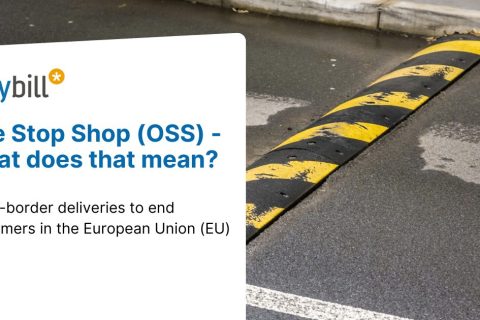
From January 1, 2025, you as an entrepreneur must issue electronic invoices for B2B transactions in Germany. This legal change through the Growth Opportunities Act marks a significant step towards digitalization.
On 15.10.2024, the Federal Ministry of Finance issued a current letter on this. We have summarized the most important content for you so that you don’t have to fight your way through a jungle of paragraphs and technical terms.
Legal situation until the end of 2024
Until December 31, 2024, companies can issue both paper invoices and electronic invoices (e.g. PDFs), but only with the recipient’s consent.
New regulations from January 1, 2025
Mandatory e-invoicing: From 2025, invoices must be created, transmitted and received in a structured electronic format that enables electronic processing. The new definition of the e-invoice is based on the European standard EN 16931. Common formats include XRechnung or ZUGFeRD (from version 2.0.1).
Authenticity and integrity: The authenticity of the origin, the integrity of the content and the machine readability of the invoice must be guaranteed. An electronic signature is optional and an internal control procedure may also be sufficient.
Readability: Readability refers to machine readability, not to a human-readable document. Optionally, hybrid formats (e.g. ZUGFeRD) can be used that combine a PDF representation and an XML data structure.
Who is affected?
The new regulation affects all domestic companies that provide services to other companies. Small-value invoices (up to EUR 250) and certain tax-free transactions are exempt from the obligation.
Companies that issue invoices to legal entities under public law (e.g. municipalities or state institutions) must also switch to e-invoices. However, the obligation to issue an e-invoice has already existed here since 2020.
Transitional arrangements for small companies
To facilitate the transition, there is a transition period until the end of 2026. During this period, you can still use paper invoices or simple electronic invoices with the consent of the invoice recipient. Small businesses with an annual turnover of less than 800,000 euros may even apply this regulation until the end of 2027.
Input tax deduction
Only properly issued e-invoices entitle to input tax deduction. If an incorrect invoice is issued, it must be corrected to an e-invoice. Other invoices that do not meet the new requirements do not entitle you to deduct input tax.
Technical requirements
From 2025, you will be obliged to ensure that your company is able to receive and process e-invoices. This does not necessarily require special software; an email inbox is sufficient in many cases. However, it is important that your systems are compatible with the new standards.
easybill has made provisions for you here: you can already map e-invoices and other receipts using the receipt function in easybill. You can also use the option to generate an e-mail address specifically created for receipt directly from your account. This technical requirement is therefore completed for you in less than 2 minutes.
Permitted formats
Structured formats such as XRechnung or ZUGFeRD from version 2.0.1 are permitted.Hybrid formats that are both machine-readable and human-readable are also permitted as long as the machine-readable part (e.g. XML) takes precedence. Different formats can also be agreed between the parties as long as they allow the required information to be processed correctly and completely electronically.
Switch to the e-invoice now
The changeover to e-invoicing is coming – the opportunity for digitization is within reach. Use the time to adapt your internal processes and create the necessary technical requirements. Investing in digital solutions will pay off in the long term, saving you time, money and resources. Prepare now so that you can operate efficiently and with legal certainty from 2025.
Read also:
E-invoicing for small businesses: step-by-step guide
One Stop Shop (OSS) – What does that mean?
ZUGFeRD – the new standard for European e-invoicing




